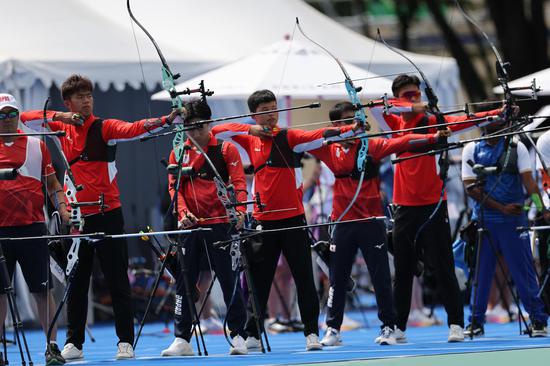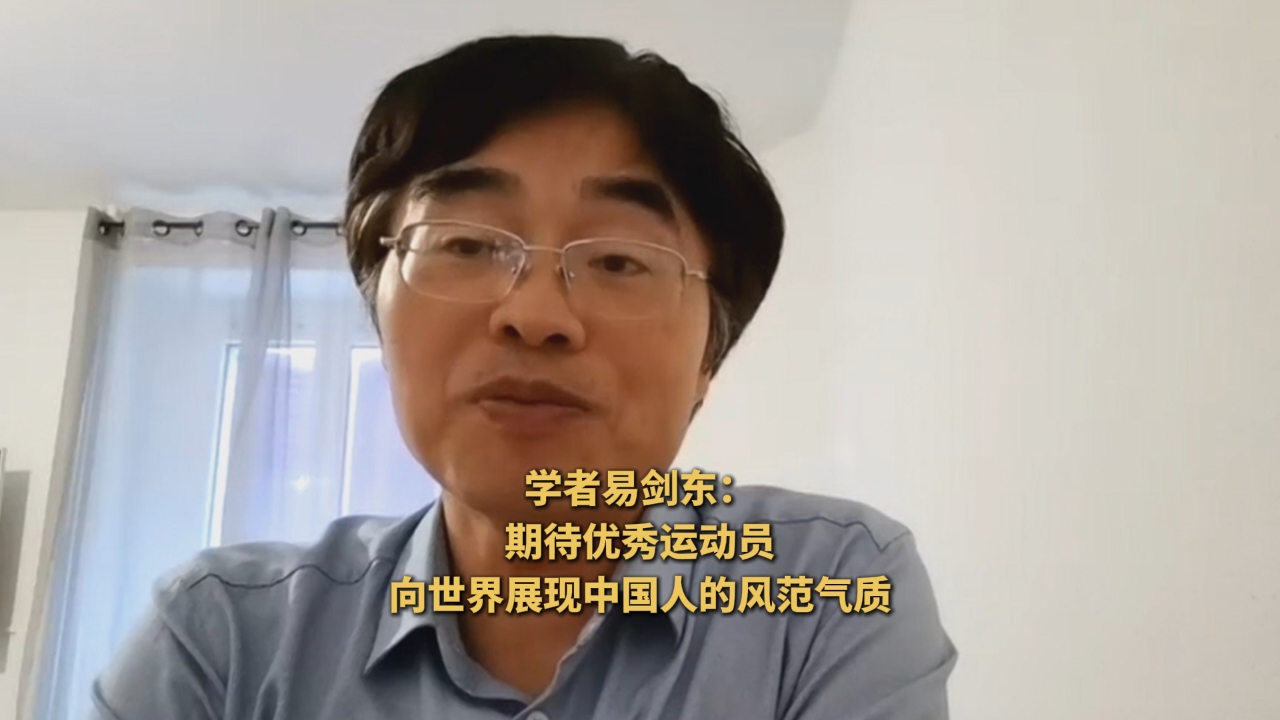(ECNS)-- There were 85,817 reported cases of whooping cough in China this June, surpassing the total number of cases from 2022 to 2023, according to data released by the Chinese Center for Disease Control and Prevention (China CDC) on Monday.
This year has seen a noticeable increase in incidence across the country, with over 330,000 cases, including 23 deaths, reported in the first half of the year, raising concerns about whether the vaccine is still protective.
The UK and South Korea have also reported sharp increases in cases.
New data published in July showed there were 7,599 whooping cough cases confirmed in the UK this year, compared to 858 in the whole of 2023. In May alone there were 2,591 cases confirmed, compared to 555 cases in January, according to the government data.
According to the Korea Disease Control and Prevention Agency, 4,803 people have been infected with the highly contagious respiratory disease as of July 2.
Whooping cough, also known as the 100-day cough, is a highly contagious acute respiratory disease. It primarily spreads through respiratory droplets and can last for 2-3 months. While it can affect individuals of all ages, infants are particularly susceptible and at higher risk for complications such as pneumonia and whooping cough encephalopathy.
In recent years, more cases of whooping cough are being reported in adolescents and adults. The peak age for whooping cough has shifted from infants to adolescents and adults, according to the National Health Commission.
Although global vaccination rates have significantly reduced the incidence of this disease, many countries with high vaccine coverage have seen a resurgence in cases, a phenomenon referred to internationally as the “Whooping cough outbreaks.”
Experts suggest that the resurgence may be related to the fact that natural infection and vaccine-induced immunity do not provide lifelong protection.
Professor Zhao Wei from Southern Medical University noted that whooping cough typically has epidemic peaks every 2 to 5 years, and declining vaccine protection and changes in epidemic cycles might also be contributing factors.
Vaccination with pertussis-containing vaccines remains the most effective way to prevent the disease.
In China, children can receive vaccines free of charge. However, neither vaccination nor natural infection provides lifelong protection.
The China CDC indicates that vaccine-induced antibody levels decrease after 3 to 5 years and almost disappear after 12 years, making booster doses necessary.
The increasing cases have prompted a re-evaluation of immunization strategies. Shen Hongbing, director of the China CDC, emphasized the need for heightened attention to prevention and suggested that future adjustments to immunization policies and vaccine strategies may be necessary.

















































 京公网安备 11010202009201号
京公网安备 11010202009201号